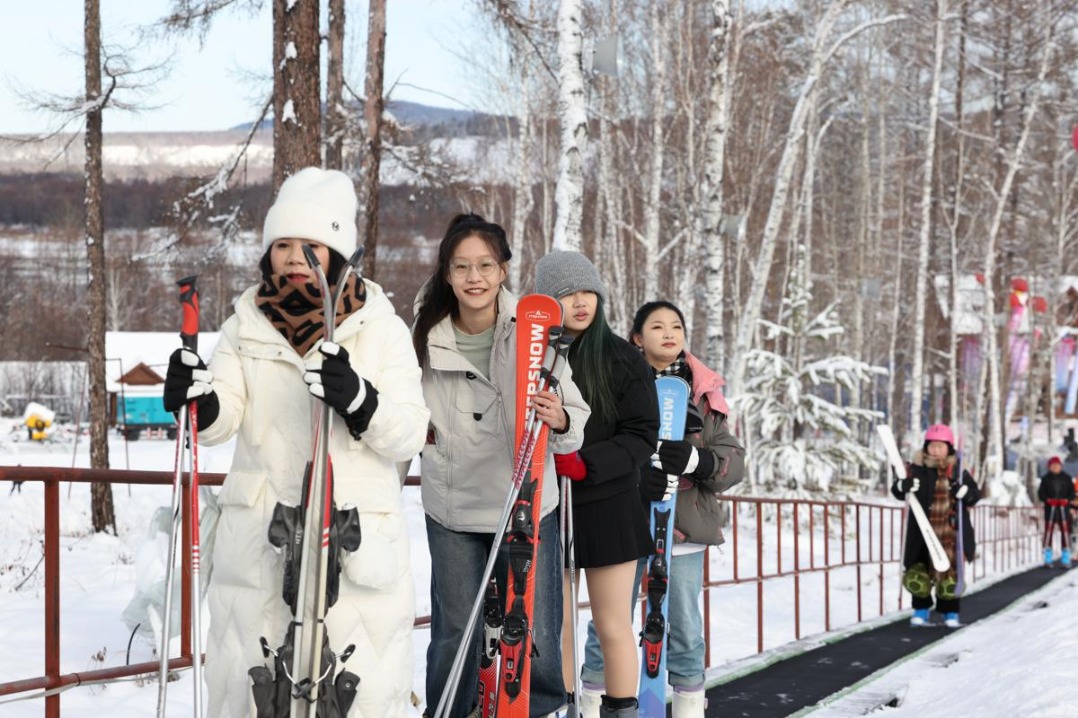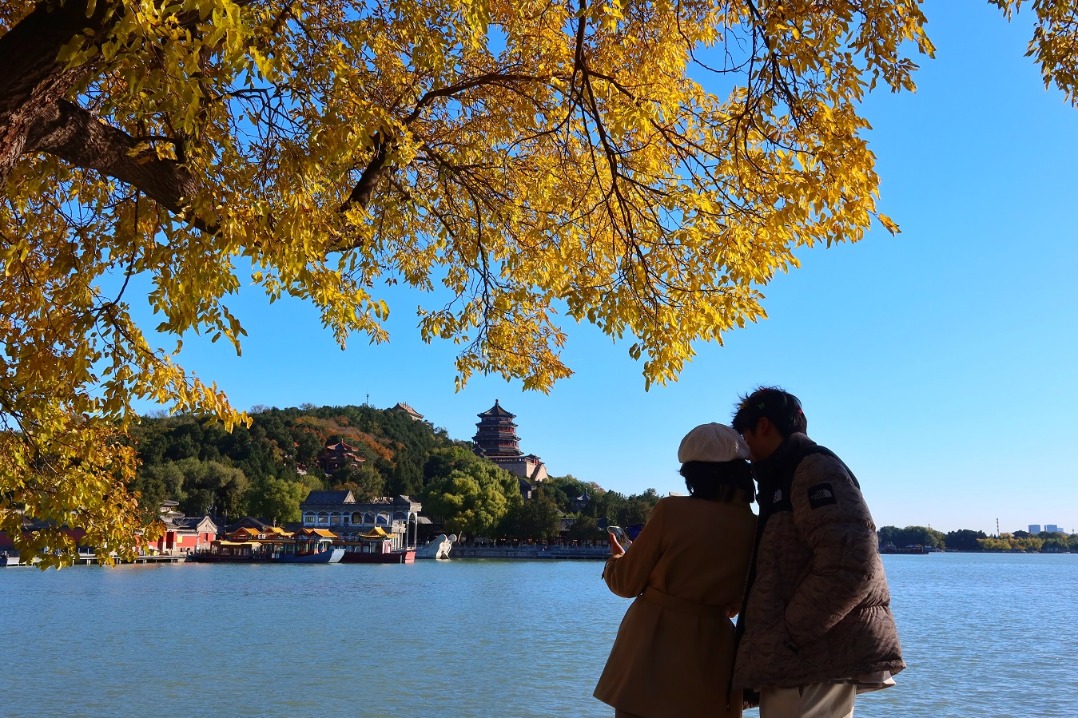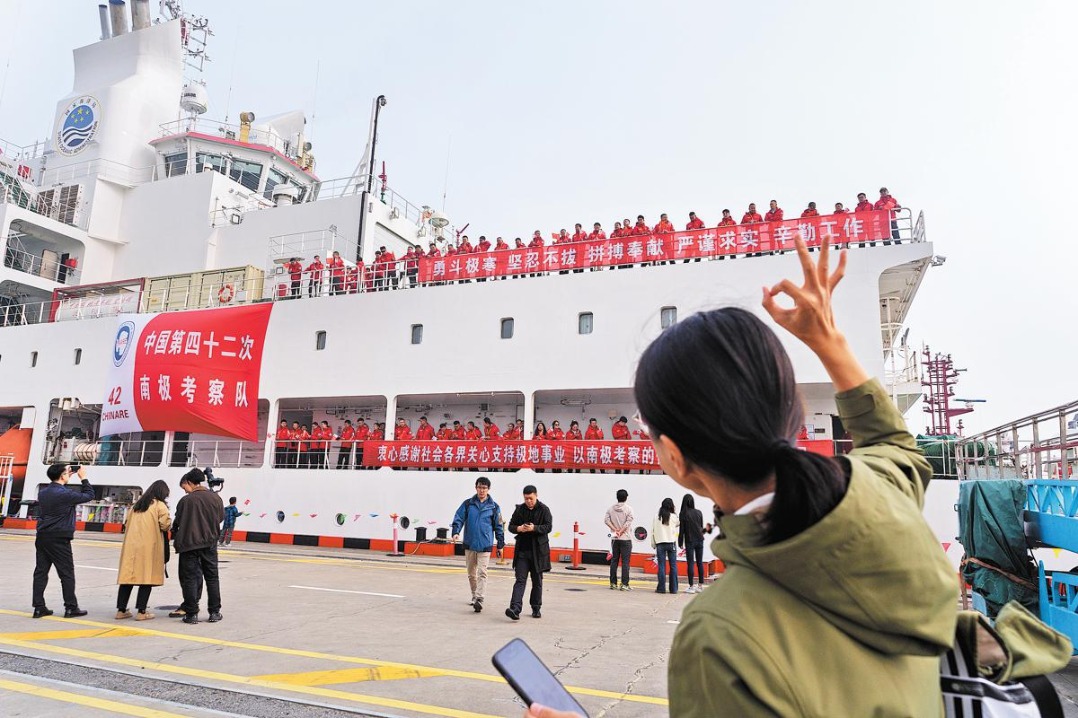China experiments human stem cells in cargo spacecraft

WENCHANG, Hainan - China is conducting stem cell experiments to investigate the possibility of human reproduction in space aboard cargo spacecraft Tianzhou 1, according to the Tianzhou's engineer.
The experiments include the studies of the proliferation and differentiation of stem cells, the differentiation of germ cells, and the impact on bone cells of a microgravity environment, said Li Xuzhi, deputy chief designer of the space application system of China's manned space program.
Scientists on the ground will remotely control the research equipment, and receive the images of the cells under the microscope.
Experiments in microgravity will provide theoretical ground and technical support for the study of the human reproduction in space, said Li.
Other experiments on Tianzhou 1 include the research on fluid evaporation and condensation in a microgravity environment, in-orbit tests of a high-precision electrostatic accelerometer and others, added Li.
Tianzhou 1 started its five-month journey in space Thursday evening.
The ship will dock with China's orbiting Tiangong II space lab, and provide fuel and other supplies before falling back to Earth.
- Philosophy has resonance across globe
- Decoding China's five-year plan
- HK urged to advance nation's strength, self-reliance
- Guangdong reaffirms easing process to boost innovation and entrepreneurship
- Taiwan and mainland united by goddess Mazu, common ancestral roots
- First robotics debate competition holds semifinals in Beijing





































